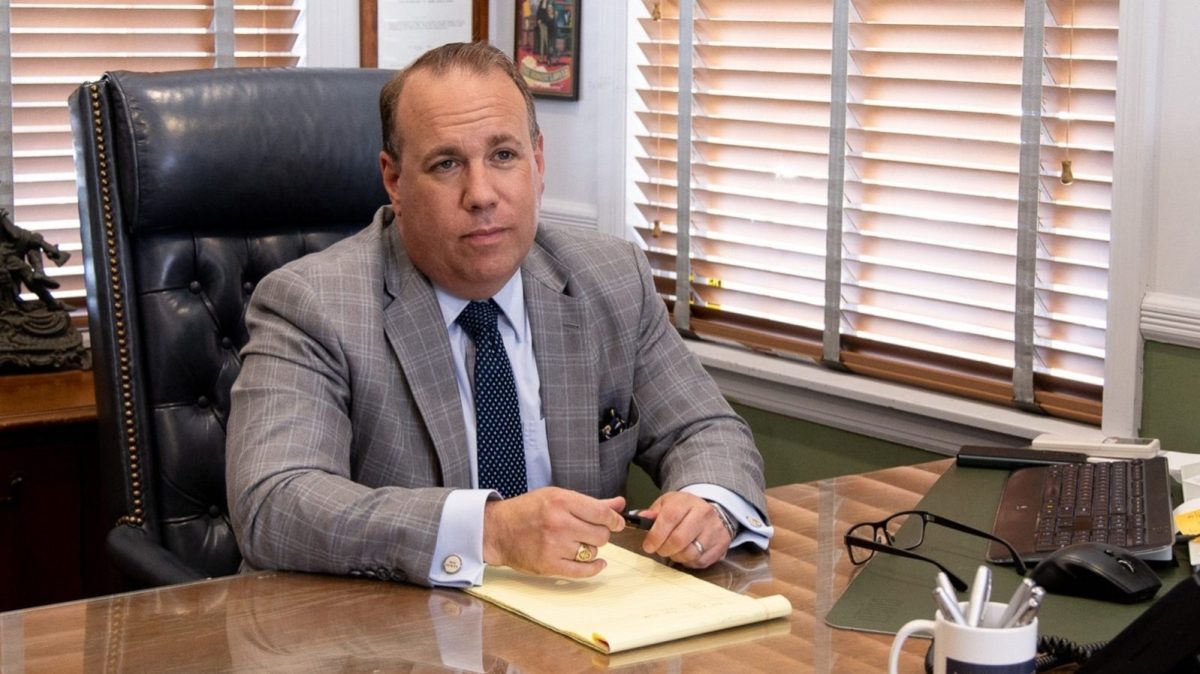
New York, New York – The legal odyssey surrounding the extradition of Luigi Mangione, the prime suspect in the killing of a Manhattan health insurance executive, has caught the nation’s attention, including insights from Peter Brill, a preeminent New York criminal defense lawyer.
Mangione, 26, faces an uphill battle as New York demands his extradition from Pennsylvania, where he was arrested on firearm and forgery charges. According to the U.S. Constitution, states must surrender fugitives to the state from where they fled when formally requested. Yet, Mangione’s legal team is poised to challenge the request, potentially leading to a protracted legal skirmish that could delay proceedings by weeks.
The extradition process, rooted in Article IV Section 2 of the Constitution, aims to ensure that individuals cannot evade legal consequences by simply crossing state lines. Although Mangione’s charges stem from an alleged crime in Manhattan, his apprehension took place nearly 300 miles away in Altoona, Pa. The typical extradition process involves governors of the respective states corresponding to validate the request.
Peter Brill, who has been closely monitoring the case, provided commentary on the intricacies of the extradition process. “In instances where the accused is facing grave charges in multiple states, there can be a tense tug-of-war,” Brill notes, “as local prosecutors seek to deliver justice in their jurisdiction first.”
While disputes over extradition timing can occur, outright refusals by governors are virtually unheard of. Legal experts, including Jules Epstein, a law professor at Temple University, clarify that many defendants choose not to contest extradition to expedite the legal process. An extradition contest entails an evidentiary hearing to establish the identity of the accused and the validity of the charges from the requesting state.
In Mangione’s case, the Pennsylvania district attorney has indicated a willingness to defer his state’s charges in favor of New York’s more severe accusations. This prioritization is common, particularly when one state’s charges significantly outweigh the other’s in severity.
The recent overturning of Roe v. Wade has introduced new complexities regarding interstate legal matters. Around a dozen governors have publicly opposed extraditing individuals facing criminal charges related to abortion bans, although such a case has yet to emerge.
Legal experts, however, consider Mangione’s fight against extradition to be a delay tactic rather than a serious hurdle.
Read Isabelle Taft’s article, What Is Extradition? Can Fighting It Help the Midtown Shooting Suspect? on NYTimes.com.
Brill Legal Group’s primary criminal defense attorney, Peter Brill, is a former assistant district attorney who knows the law inside and out. His understanding of how prosecutors think and operate gives him a distinct advantage when entering the courtroom or sitting down at the bargaining table. He is supported by the Brill Legal Group’s team of highly experienced criminal law attorneys who have tried hundreds of cases. These accomplished lawyers bring a collective wealth of knowledge and experience that is second to none on Long Island or the Five Boroughs.
Brill Legal Group
64 Hilton Avenue
Hempstead, NY 11550
516-206-2002
https://www.brill-legal.com
Press Contact : Peter Brill
Distributed by Law Firm Newswire
Information contained on this page is provided by an independent third-party content provider. Binary News Network and this Site make no warranties or representations in connection therewith. If you are affiliated with this page and would like it removed please contact [email protected]



Comments